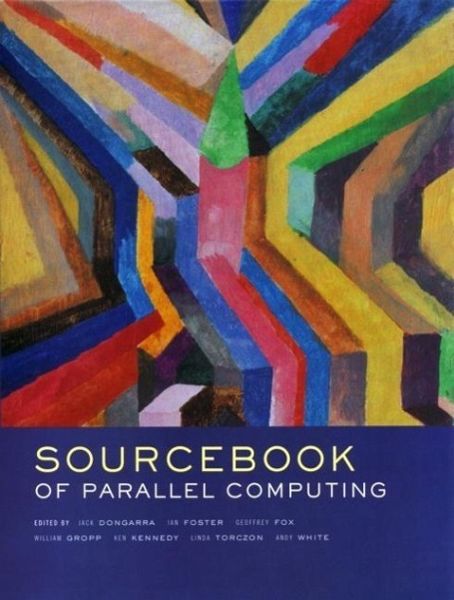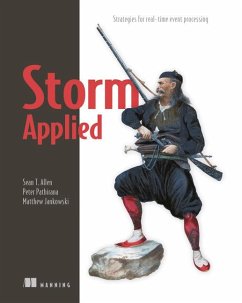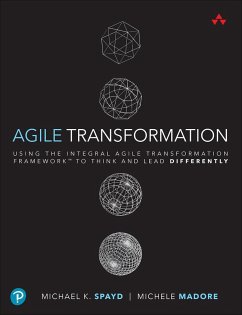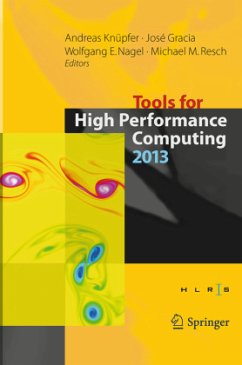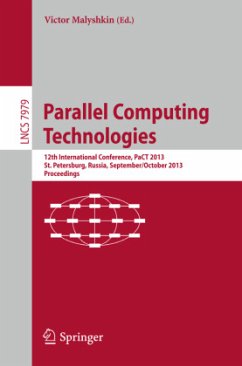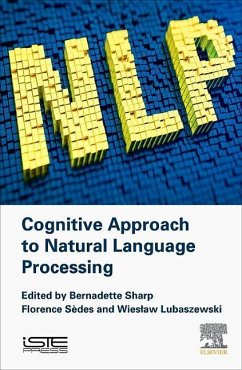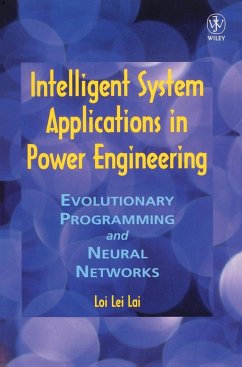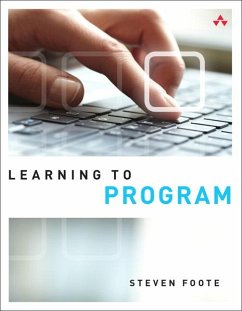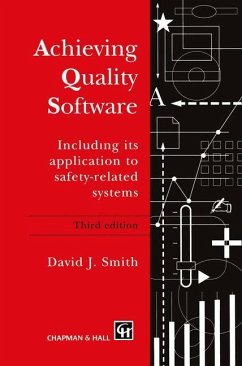Jack Dongarra is a Professor of Computer Science at the University of Tennessee and Distinguished Scientist at Oak Ridge National Laboratory. He specializes in numerical algorithms in linear algebra, parallel computing, mathematical software development, use of advanced computer architectures, programming methodology, and tools for parallel computers.
Ian Foster is Senior Scientist in the Mathematics and Computer Science Division at Argonne National Laboratory, where he also leads the Distributed Systems Laboratory, and Associate Professor of Computer Science at the University of Chicago. His research concerns techniques, tools, and algorithms for high-performance distributed computing, parallel computing, and computational science. Foster led the research and development of software for the I-WAY wide-area distributed computing experiment, which connected supercomputers, databases, and other high-end resources at 17 sites across North America (a live experiment at the Supercomputing conference of 1995).
Geoffrey Fox is Professor of Computer Science, Informatics, and Physics at Indiana University, where he is also the Director of the Grid. He is currently focussing on earthquake science, and GRID technology to build electronic communities linking resources and people.
William Gropp is a senior computer scientist and associate director of the Mathematics and Computer Science Division at Argonne National Lab. He is also a senior scientist in the Computer Science department at the University of Chicago and a senior fellow in the Argonne-University of Chicago Computation Institute. His research interests are in parallel computing, software for scientific computing, and numerical methods for partial differential equations. He has played a major role in the development of the MPI message-passing standard.
p
Ken Kennedy is the Ann and John Doerr Professor of Computational Engineering and Director of the Center for High Performance Software Research (HiPerSoft) at Rice University. He is a fellow of the Institute of Electrical and Electronics Engineers, the Association for Computing Machinery, and the American Association for the Advancement of Science and has been a member of the National Academy of Engineering since 1990. From 1997 to 1999, he served as cochair of the President's Information Technology Advisory Committee (PITAC). For his leadership in producing the PITAC report on funding of information technology research, he received the Computing Research Association Distinguished Service Award (1999) and the RCI Seymour Cray HPCC Industry Recognition Award (1999).
Professor Kennedy has published over 150 technical articles and supervised 34 Ph.D. dissertations on programming support software for high-performance computer systems. In recognition of his contributions to software for high-performance computation, he received the 1995 W. Wallace McDowell Award, the highest research award of the IEEE Computer Society. In 1999, he was named the third recipient of the ACM SIGPLAN Programming Languages Achievement Award.
Linda Torczon is a principal investigator on the Massively Scalar Compiler Project at Rice University, and the Grid Application Development Software Project sponsored by the next Generation Software program of the National Science Foundation. She also serves as the executive director of HiPerSoft and of the Los Alamos Computer Science Institute. Her research interests include code generation, interprocedural dataflow analysis and optimization, and programming environments.
Andy White is the Special Projects Director for the Weapons Physics Directorate at Los Alamos National Laboratory. This newLab oratory enterprise focuses on research issues in computer and computational sciences
associated with employing the largest, most complex computational resources to address important national issues such as stockpile stewardship, energy and environment,
systems biology, nanotechnology and crisis management.
